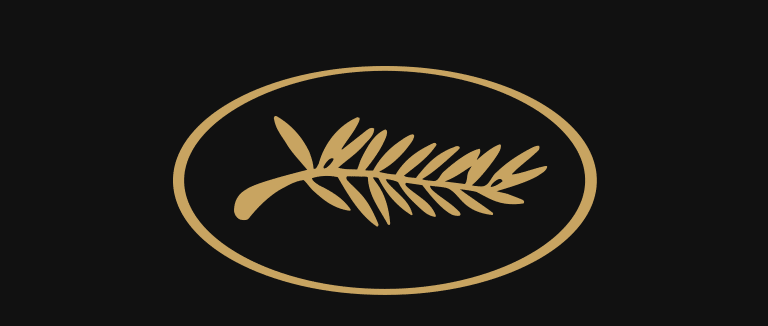Last week I was wondering why I was feeling so calm and then I realized that I wasn’t preparing to go to Cannes. For several years before the pandemic, I joined the annual pilgrimage to what’s considered the world’s most glamorous film festival. While I love reuniting with so many great industry colleagues and having the chance to check out films like Debra Granik’s “Leave No Trace” and Céline Sciamma’s “Portrait of a Lady on Fire,” I hate a lot about the fest and how it’s organized. They are so hierarchical about press passes, and they make figuring out the screenings difficult – everything is so much harder than it needs to be. But they get away with it because they are Cannes, and they can do pretty much whatever they want.
When I started paying attention to Cannes because of Women and Hollywood, it wasn’t hard to figure out that they don’t care about women directors. There were years there were no women directors in the main competition, and it wasn’t until 2019 that a Black woman director, Mati Diop, competed for the fest’s most prestigious prize, the Palme d’Or. Once the underrepresentation of women filmmakers and inclusion became hot-button issues in the mainstream media, the jig was up and the fest started to have to answer some tough questions.
But it goes way deeper than women directors. There was a dress code for women on the red carpet. Cannes welcomed (and seems to still welcome) Roman Polanski. The Festival was a stomping ground for Harvey Weinstein to rape women. It was normal for oligarchs and other powerful men to sail their yachts and have models and other women helicoptered in for their pleasure. Cannes has also been identified as a destination for human trafficking.
The Festival and its head, Thierry Fremaux, have operated with impunity for years thanks to their revered status. Now it seems that they are censoring journalists who ask questions about inclusion and women. This should surprise no one. Cannes has created a facade that has long needed to be pierced. It has received a couple of dents, but the fest managed to figure out how to maintain their elite status, lagging behind in an industry that is changing and evolving. They mistakenly believe that accountability equals political correctness. “We don’t give in to anything,” Fremaux told Variety last month. “The strength of Cannes is to respect firmly who we are by respecting others. We don’t give in to political correctness.” It’s very Trumpian to respond to questions of accountability by decrying political correctness. Inclusion does not equal political correctness, and conflating the two just shows how much learning Cannes has left to do.
Maybe we can all look to Adèle Haenel as an example of someone in power standing up to the French film industry. She has said she won’t be acting anymore because to do so is to be a part of something patriarchal, racist, and sexist. “I tried to change something from within. When it comes to the MeToo movement, women’s issues, or racism, the film industry is extremely problematic. I don’t want to be part of that anymore,” she stated.
Many of us are looking for a new vision of an industry that will create a world we all want to see and live in. It’s hard to imagine that world when the top global festival continues to operate in a way that holds us all back.







